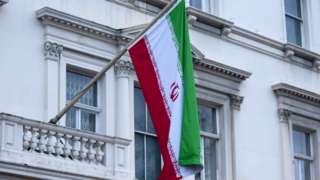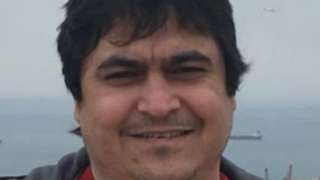
A Moroccan man who tried to carry out a gun attack on a high-speed train between Brussels and Paris in August 2015 has been sentenced to life in prison by a French court.
Three other men were found guilty of helping the 31-year-old plan the attack. They were given sentences of between seven and 27 years as accomplices.
Ayoub el-Khazzani was overpowered by fellow passengers on the Thalys train, including two off-duty American soldiers.
He had boarded the train with a kalashnkov and a pistol hidden in his back-pack, but when he emerged from the lavatory ready to shoot he was immediately confronted by fellow-passengers.
In the fight that followed his gun initially failed to fire, and he was overpowered and delivered to the police.
In his summing up, the judge said there was no doubt el-Khazzani had intended to carry out a mass-killing.
He’d only failed because of an unlikely combination of circumstances, and the bravery of those who intervened.
El-Khazzani had come to Europe from Syria earlier in 2015 in the company of an Islamic State agent called Abdelhamid Abaooud.
He was the man who three months later organised the Bataclan and street café massacres in Paris.

































